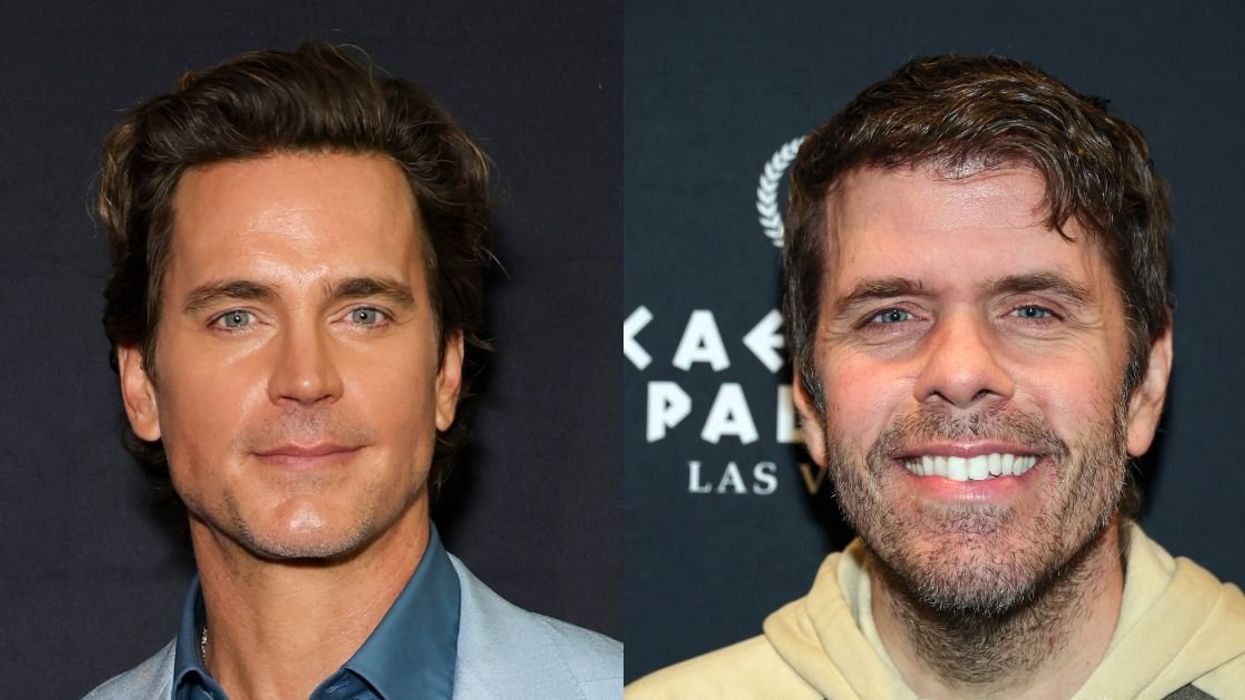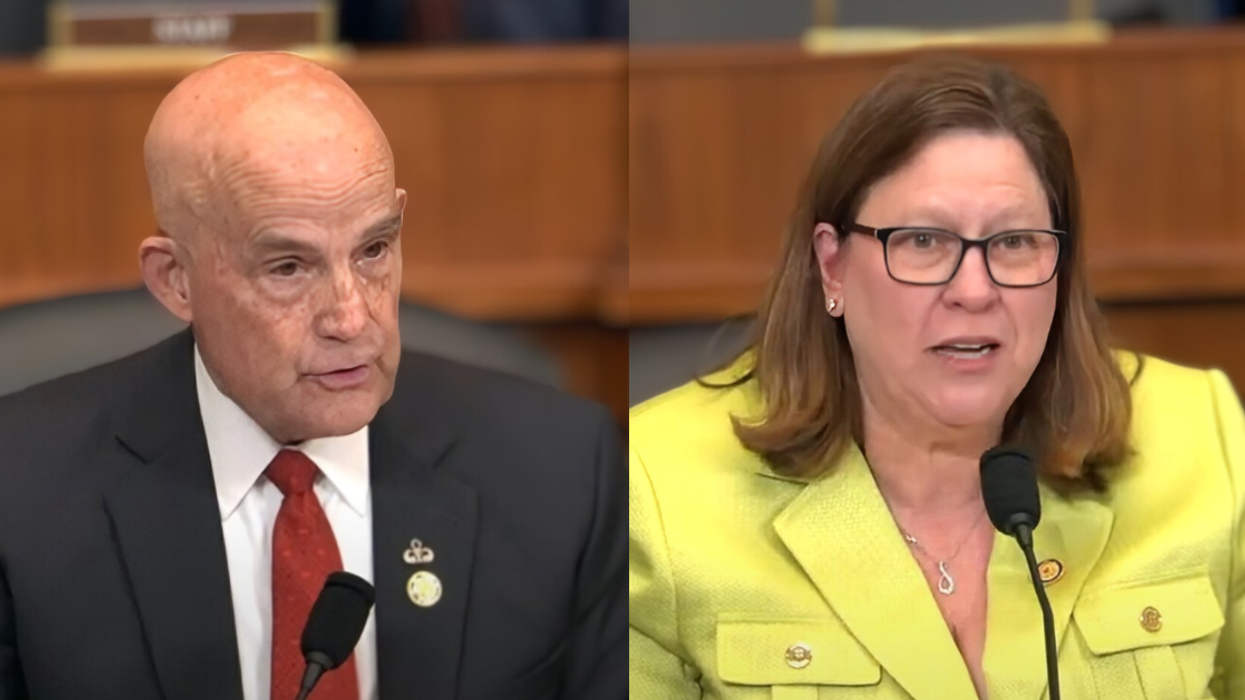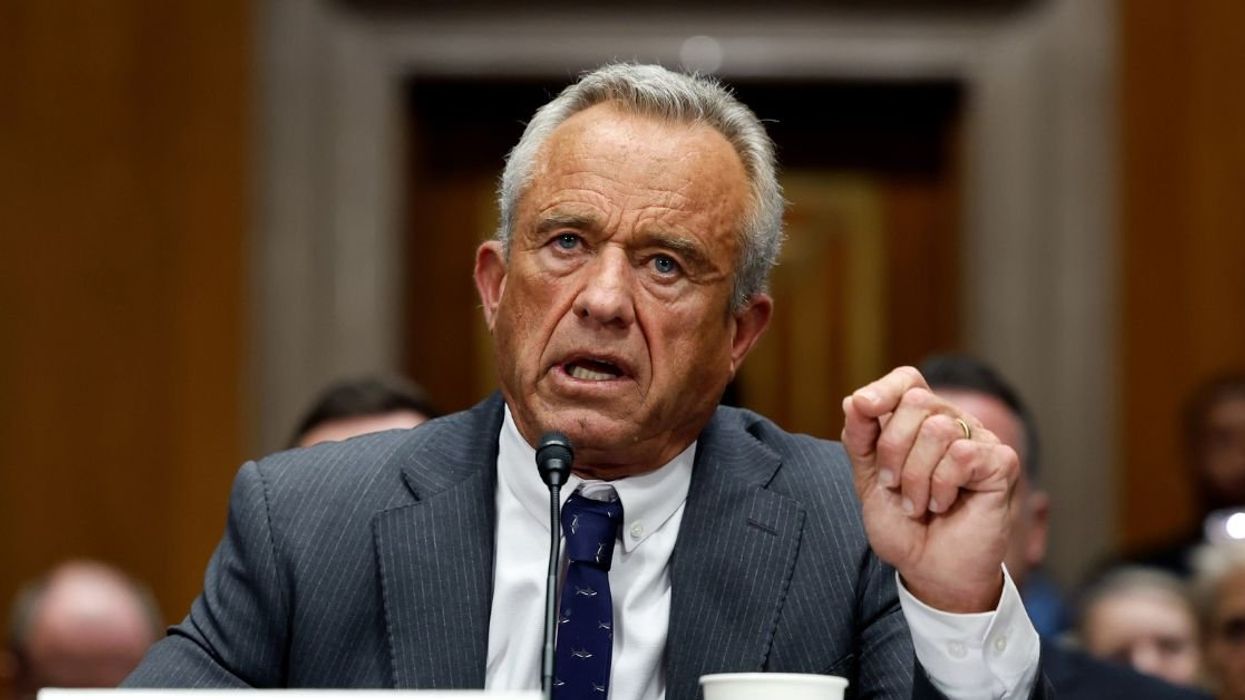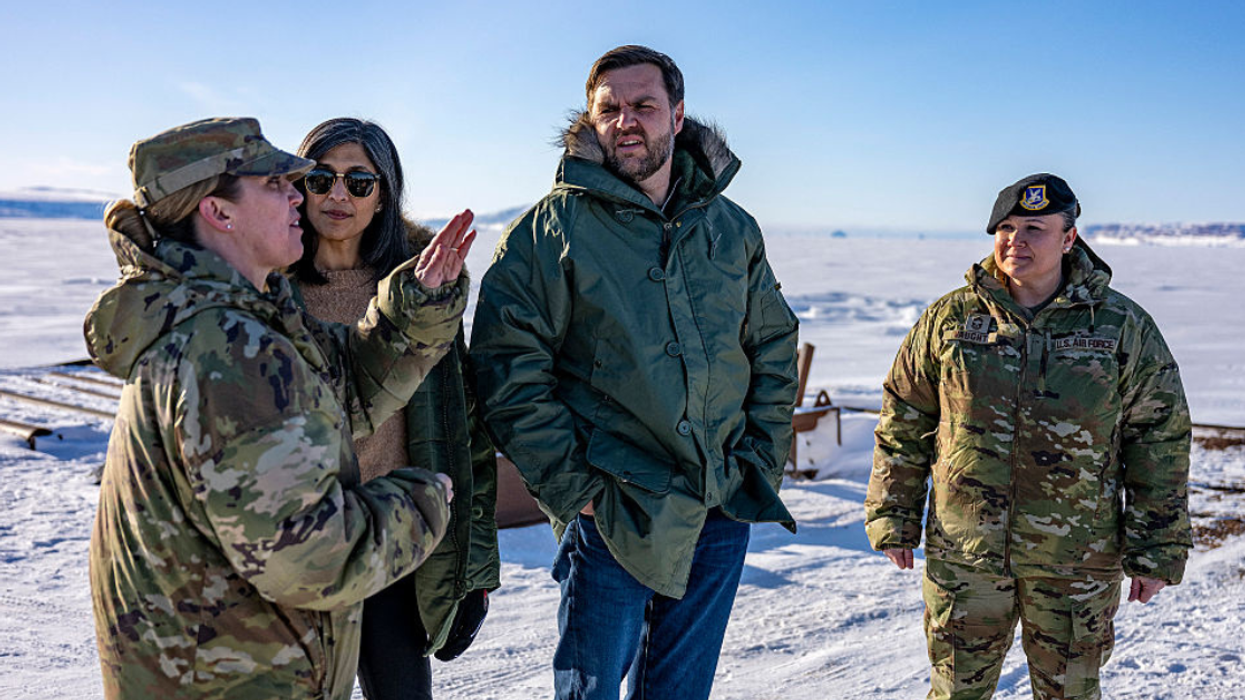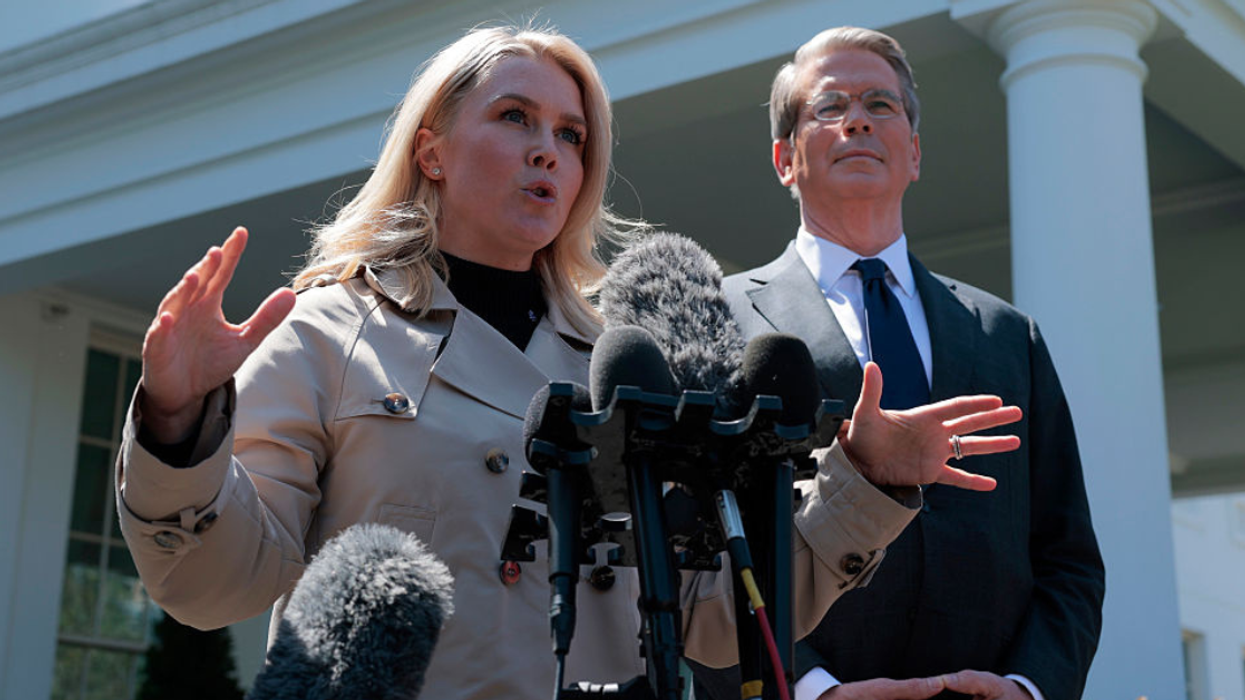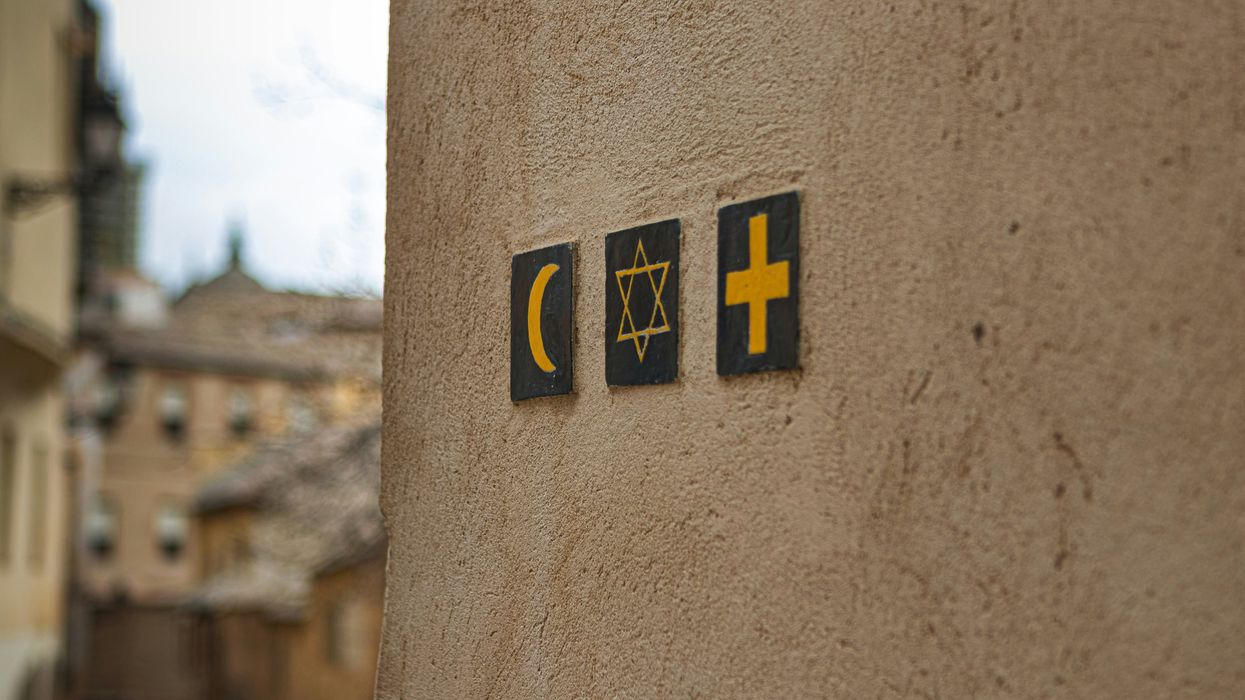The new Netflix nature documentary series Our Planet, voiced by the great David Attenborough, takes a bit of a different tack than most nature documentaries.
Instead of just showing beautiful footage of our planet and giving some basic information about what is on screen, it shows the more uncomfortable realities of life on earth: the changes wrought by humans and the effects they are having on our planet.
The most striking example of this is a now-infamous scene about walruses.
In the sequence, a walrus can be seen plummeting from a cliff overlooking a beach to the ground below while Attenborough explains what led to the situation.
"At least up here, there's space to rest. A walrus's eyesight out of water is poor, but they can sense the others down below. As they get hungry, they need to return to the sea. In their desperation to do so, hundreds fall from heights they should never have scaled."
The walruses had climbed the cliff to find space to rest, something they normally would've done on arctic ice sheets, rather than land, but those ice sheets are rapidly disappearing from the arctic ocean.
As Earth's temperatures rise, arctic ice is disappearing. Some yearly fluctuation was normal, but much of the ice is no longer returning in winter.
Here's a video from NASA Climate Change to help explain the problem:
Disappearing Arctic sea icewww.youtube.com
Walruses rely on that ice for a place to rest when they aren't hunting, and a place to raise their young. With the ice disappearing, "haul-outs" of walruses—huge groups hauling themselves out of the ocean and onto shore—are becoming a regular occurrence instead of a rare phenomenon.
In Our Planet, Attenborough says that the walruses gather "out of desperation, not out of choice," but that isn't quite the case. According to Lori Quackenbush of the Alaska Department of Fish and Wildlife, walruses are extremely social animals, and will choose to group together even when there is plenty of space.
"Walruses thrive on crowds and haul out in tight groups, even when space is available."
The idea that walruses "climb to find space away from the crowds," doesn't quite hold up.
But what Attenborough says about how the walruses end up falling is likely partially true.
"A walrus's eyesight out of water is poor, but they can sense the others down below. As they get hungry, they need to return to the sea. In their desperation to do so, hundreds fall from heights they should never have scaled."
Walruses falling to their deaths is a harsh reality, and one that scientists agree is likely due to climate change, but it's not quite as simple as Our Planet makes it out to be.
According to The Atlantic, documentary crew leader Sophie Lanfear clarified that the shots of walruses came from two different locations: one with 100,000 plus walruses gathered, and the one where they were falling from the cliff. At the latter location, the walruses only started seeking higher elevation when there was literally no room left for them on the beach.
They only fell to their deaths when they tried to return to the ocean after the beach below was emptied of fellow walruses.
Lanfear said:
"They seemed to all want to return to the sea to feed as a group."
This isn't entirely a new phenomenon though, according to Lori Polasek, of the University of Alaska Fairbanks.
"Walruses have shown similar behavior on the U.S. coastline when space and ice were not an issue, and the reason is unknown."
Both Russian naturalist Anatoly Kochnev and Lanfear argue that the event shown in Our Planet is unique because of the height of the cliffs and the sheer number of walruses who died. Past examples of similar behavior have involved dozens of animals, not hundreds.
Changes in the arctic ice, and the changes in walrus behavior, have greatly affected indigenous communities too.
The Chukchi people in Vankarem, Russia, have long lived with the walruses and relied on them for sustenance, and worked to protect them in turn. Stampedes of walruses have become much more common, and the animals killed during these events attract polar bears to come off the ice as well.
Both the stampedes and the polar bears pose a threat to the Chukchi people, so they have taken measures to prevent them from happening: working to prevent planes flying over the animals and startling them, and hauling carcasses of animals that have been killed to a place far away from the village before bears are attracted.
They have shared their knowledge with Alaskan villages to help them prepare for dealing with similar problems. Haul-outs have since become a yearly occurrence in Alaska, where they used to be rare enough to be remarkable.
Changes in nature are often not quite a simple as they appear on the surface, but there is no doubt that climate change has had an effect on the walrus population. Anything we can do to slow the effects of climate change will help them, and the rest of us.



